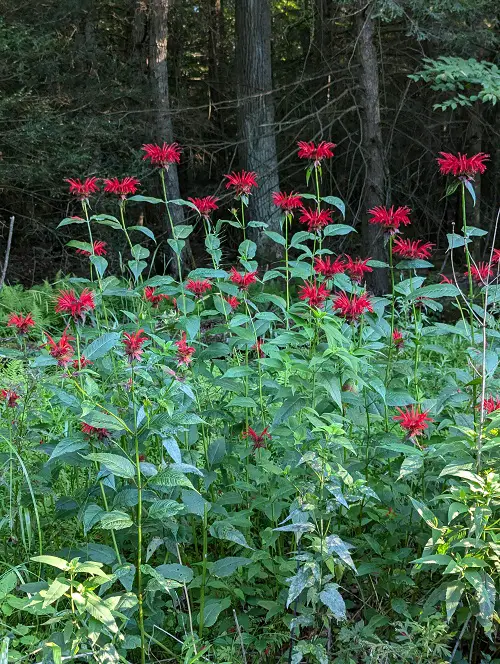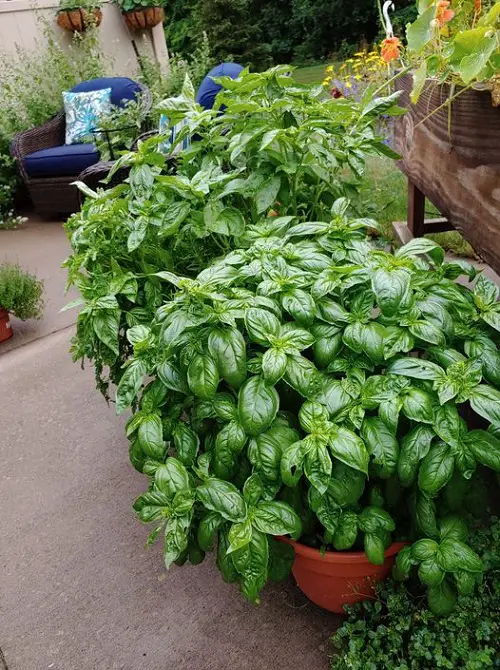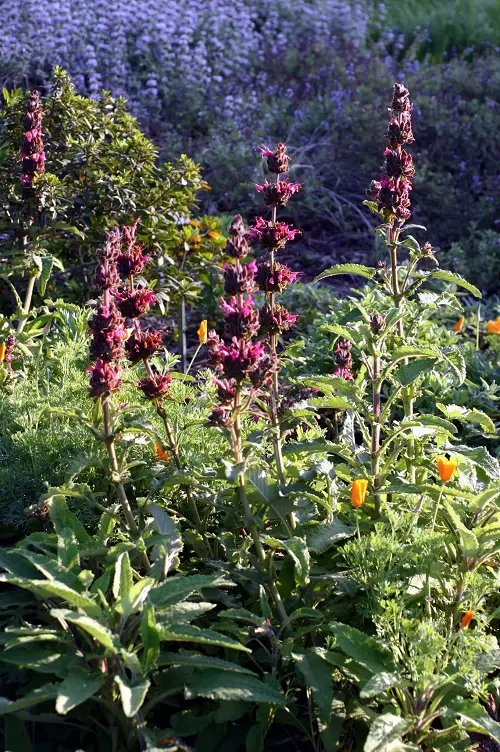Endemic plants are a great way to preserve the natural living habitat around you. Here’s why you should grow native herbs in your garden!

Monoculture and non-native landscapes harm our natural ecosystems in more ways than one, which is why it’s important to keep balance! A good way to minimize this is by growing more endemic and native plants and herbs in your garden. Not only will this give you abundant harvests of these special herbs, but it will also help restore essential life to your biome.
What are Native Herbs?

Native herbs typically refer to indigenous seed-bearing aromatic or useful plants, shrubs, vines, and trees that occur naturally in a region without unnatural human interference. These may include plants valued for their culinary, medicinal, cosmetic, commercial, and spice uses.
Why Should You Grow Native Herbs in Your Garden?
1. Adapts Well to the Environment
Who’s not more comfortable at home? Native herbs have adapted and evolved in their local environment for thousands of years, which makes them easiest to grow. They require less fertilization and no special soil and are more pest-resistant, cutting down on expenses.
Depending on the region, check out easy-to-grow herbs for your climate, like rosemary, chives, sage, and basil, to get started and reap a robust harvest!
2. Attracts Local Pollinators

Indigenous herbs lure essential local and wild species of butterflies, bees, moths, and birds that help pollinate. These herbs feed them, thus sustaining endemic fauna and helping preserve regional biodiversity.
3. Medicinal properties
Herbs have been used in traditional medicine for centuries. For instance, Yellow Nutsedge, a weed native to the southern parts of the USA, can help stabilize blood sugar levels and is also an aphrodisiac. The super pricey Black Cardamom from the Himalayas, on the other hand, helps with nausea, indigestion, asthma, etc. And one of the best medicinal herbs, Holy Basil, is a healthy addition to teas and other concoctions.
Growing herbs indigenous to your region helps the larger ecosystem and gifts you magical healing properties.
4. Satisfy Your Senses

Herbs are a treat for many senses, including sight and smell! Fields of lavender, coneflowers, chamomile, and so many others are astounding to look at and scent up your garden with their distinctive aromas.
They are also great companions to vegetables and fruits and deter unwanted pests and bugs, making your garden itch-free!
5. Culinary treats
Indispensable in flavoring foods, herbs can make or break your signature recipes! They can drastically change and improve the taste and aroma of even the blandest preparation, letting you take all the delectable credit!
Certain herbs, like curry leaves, with their smoky and citrusy aroma, add intense flavor to food while also providing immense health benefits, including better hair growth!
Read this article to learn more about herbs to plant with your vegetables!
6. Reconnect with Natural Living
By planting native herbs, you will simultaneously learn the history and importance of that plant to the region’s indigenous inhabitants. For instance, sage is sacred to several Native American communities, who have used it for ritualistic and healing purposes. Some others, like milkweed, nettles, and spruce, have also been traditionally used in native medicine.
Tapping into native ways of growing food and regenerative agriculture is essential when resources are scarce and methods are unsustainable.


